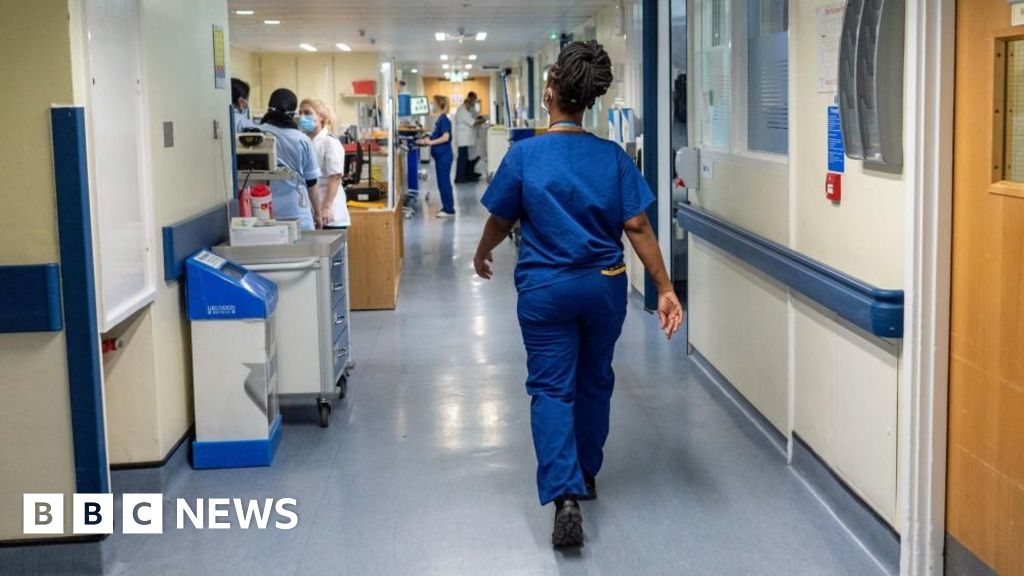CNA Staff, Jan 16, 2024 / 15:30 pm
A Supreme Court case being argued this week could have significant implications for a decade-long religious liberty battle fought by the Little Sisters of the Poor.
The Supreme Court will hear oral arguments this week in Loper Bright Enterprises, Inc. v. Gina Raimondo, a case challenging the authority of the federal administrative state to dictate certain rules and regulations related to federal laws.
Herring fishermen bring suit against NOAA
The Cause of Action Institute, a legal advocacy group, says that the Loper case was brought by several herring fishermen challenging a rule that said they were liable for the cost of federal inspectors on their boats.
For decades, the Magnuson-Stevens Act (MSA) has “given the National Oceanic and Atmospheric Administration (NOAA) the authority to require monitors on commercial fishing boats,” Cause of Action says.
The MSA “explicitly requires the owners of certain classes of fishing boats to pay for their own monitors,” but herring fishermen are not included on that list. As a result, for years NOAA itself paid for the inspectors on herring boats.
However, recently NOAA “suddenly decided that the herring fishermen must now pay for the cost of third-party monitors.” A group of herring fishermen brought suit against the decision, arguing that their exclusion from the original list meant they should not be liable for those payments.
At issue in the case is what is known in U.S. administrative law as “Chevron deference,” stemming from the 1984 case Chevron U.S.A., Inc. v. Natural Resources Defense Council, Inc. The Legal Information Institute says that the case established “judicial deference given to administrative actions.”
Under this principle, federal agencies are often given considerable latitude in deciding how they will carry out and interpret federal laws, as NOAA is doing in the Loper case.
In a press release on Tuesday, Cause of Action Institute Executive Director James Valvo said the case "brings the livelihoods of family-operated fishing enterprises front and center, as their ability to fish herring is in jeopardy due to unlawful government overreach."
"More precisely, these fishing families and businesses find themselves compelled to pay a government fee that lacks congressional authorization," Valvo said. "This fee was imposed by the executive branch absent statutory authority, violating our Constitution’s separation of powers."
Okay, so how are the Little Sisters involved?
Though the involvement of a group of Catholic religious would seem unlikely in a case such as this, the Little Sisters of the Poor are participants in the Loper case, with the nuns having filed a friend of the court brief last year in support of the fishermen.
The nuns noted that they have spent “a decade” fending off attempts to force them to comply with contraception mandates promulgated by the government.
The sisters have recorded several wins in their fight against those mandates, though they noted that some litigation “remains pending in district courts in California and Pennsylvania, with no prospect of resolution in sight.”
The doctrine of Chevron deference “permits regulators to disregard known substantial burdens on religious exercise,” the nuns argued in their filing.
Both the nuns and fishermen are asking the Supreme Court for a major check on the Chevron doctrine.
Cause of Action says Chevron “must be overturned or modified to curb this regulatory abuse,” while the Little Sisters petitioned the Supreme Court to “adopt a rule of decision that will ensure that regulators can no longer use their powers to run roughshod over religious believers.”
“[I]f Chevron is entirely overruled, that will mean that judges will always interpret what the law means, not agency bureaucrats,” Cause of Action says.
“This will serve as a significant restraint on agency overreach and put lawmaking and law interpreting back into the hands of the proper constitutional actors: Congress and the Supreme Court, respectively.”
The Supreme Court will hear oral arguments beginning Wednesday.
 (1).png)
 11 months ago
42
11 months ago
42



















